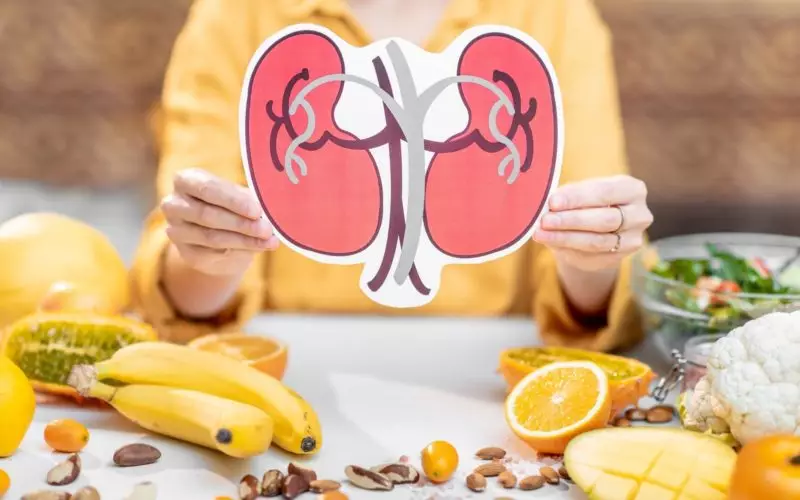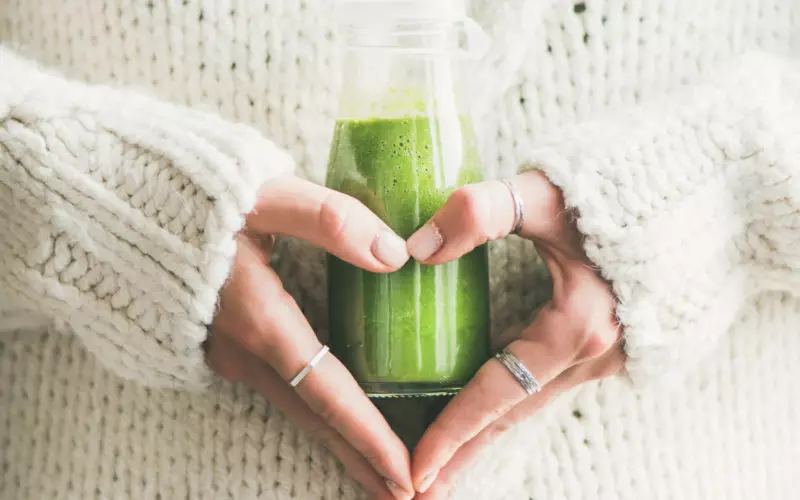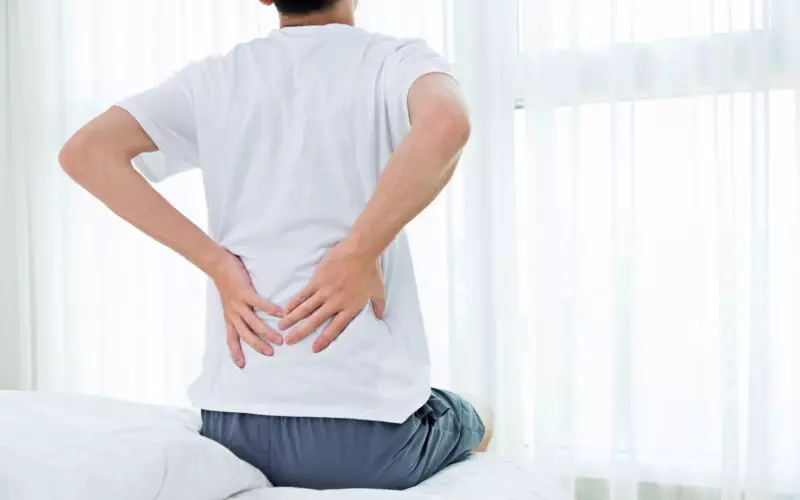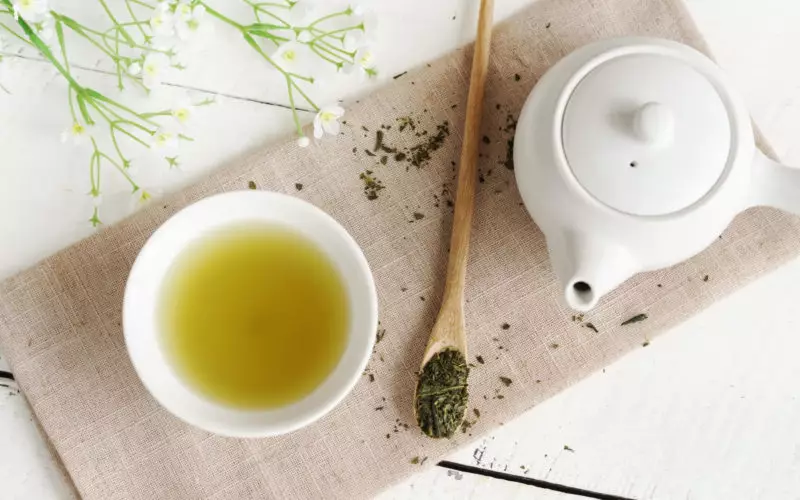
If you have ever suffered from a kidney stone, this question may have crossed your mind. “Can Kidney Stones Kill You”? Answer: probably not, even though it may feel like it!
Read on to learn more about kidney stones, the (very few!) ways that kidney stones can kill you, and what you can do to prevent kidney stones.
What Makes a Kidney Stone?
What is a kidney stone in the first place? Kidney stones happen when the concentration of stone-making molecules is too high. Or, the good stuff in your urine that stops kidney stones from forming is too low. When urine pH is too low (or too high), this can also contribute to kidney stone formation.
About 80% of kidney stones are made of calcium and oxalate. Calcium oxalate kidney stones form when there is too much calcium or oxalate in your urine. Counterintuitively, one of the most important things you can do to prevent calcium oxalate kidney stones is to make sure you are eating enough calcium-rich foods.
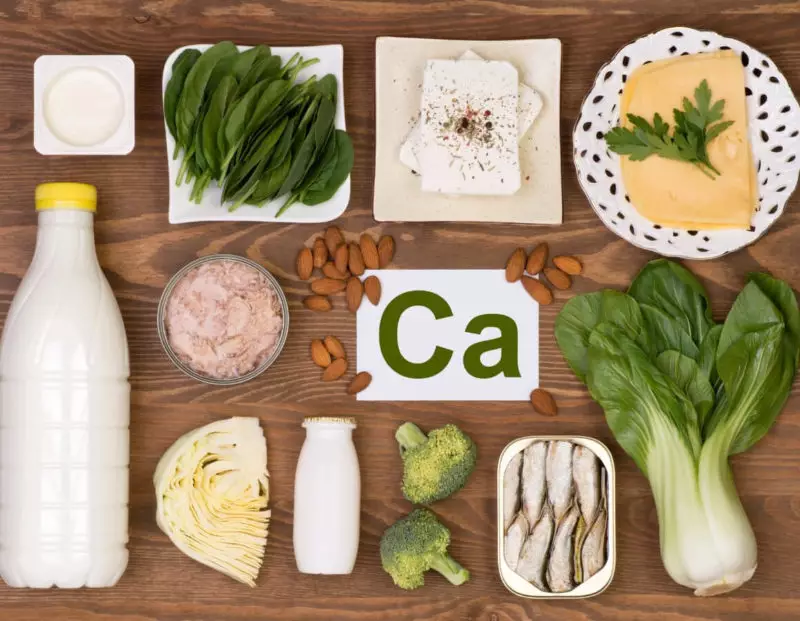
Can You Die From Kidney Stone Pain?
This is one of the most common questions I get. Kidney stones are notoriously painful. When you are dealing with terrible pain, it is easy to think that pain could kill you. Luckily, kidney stones are generally seen as a non-life-threatening condition.
Despite the intense pain, passing kidney stones without intervention is usually safe and doesn’t cause complications.
Essentially no cases of death from kidney stone pain have been reported. [1]
How Can Kidney Stones Kill You?
Although it is rare, the complications of kidney stones can be severe. In rare cases, these kidney stone complications could kill you.
Complications from Kidney Stone Removal Procedures
In nearly all cases of death related to kidney stones, the deaths were attributed to procedures done to remove kidney stones. However, the mortality rate for these procedures is still incredibly low.
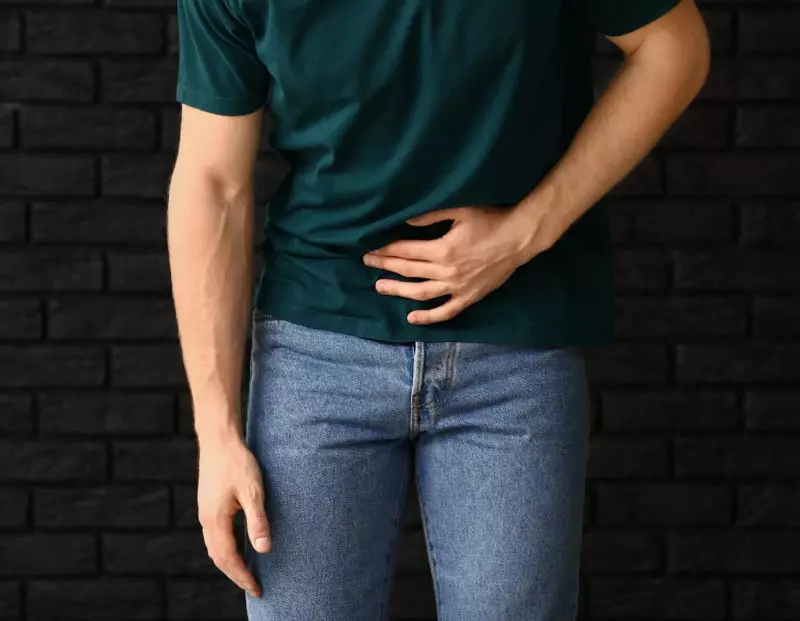
Infection
Infection is the most common cause of death associated with kidney stones. Although any kidney stone could become infected, infection is more likely if the kidney stone is lodged in the urinary tract or is blocking the ureter.
One study found that infection accounted for 9% of all deaths related to kidney stones. [1]
How Do You Know If Your Kidney Stone Is Infected?
If you experience a fever or chills while passing a kidney stone, let your doctor know immediately. If symptoms are severe, go to the emergency room.
Fever or chills could be a sign that your kidney stone has become infected.
Hemorrhage
Hemorrhage is another possible cause of death related to kidney stones.
However, the likelihood of this is incredibly low. Studies have found that hemorrhages account for only 2% of deaths related to kidney stone removal procedures. [1]
Other Complications
Of course, other complications could happen during kidney stone removal procedures. Complications including respiratory or heart issues, multi-organ failure, and colonic injury have been reported. Again, these complications are incredibly rare. [1]

How To Avoid Kidney Stones
After dealing with kidney stone pain, or going through a kidney stone removal procedure, you may be motivated to do everything possible to prevent more kidney stones.
A healthy diet is one way to reduce your risk of developing another kidney stone.
- Drink plenty of water! Aim for about 3 liters of fluid each day if you’ve had a kidney stone.
- Avoid too much salt. Excess salt can increase the amount of calcium in your urine. Limit sodium to 2,300mg each day.
- Eat enough calcium. Diets that are low in calcium are associated with a 50% increased risk of kidney stones. Aim for 3 servings of calcium-rich foods each day.
- Eat plenty of fruits and vegetables! People who eat lots of produce tend to have fewer kidney stones. Aim for at least 5 servings of fruits and vegetables each day.
- Avoid large amounts of animal protein, especially from beef, lamb, pork, goat or other red meats.

